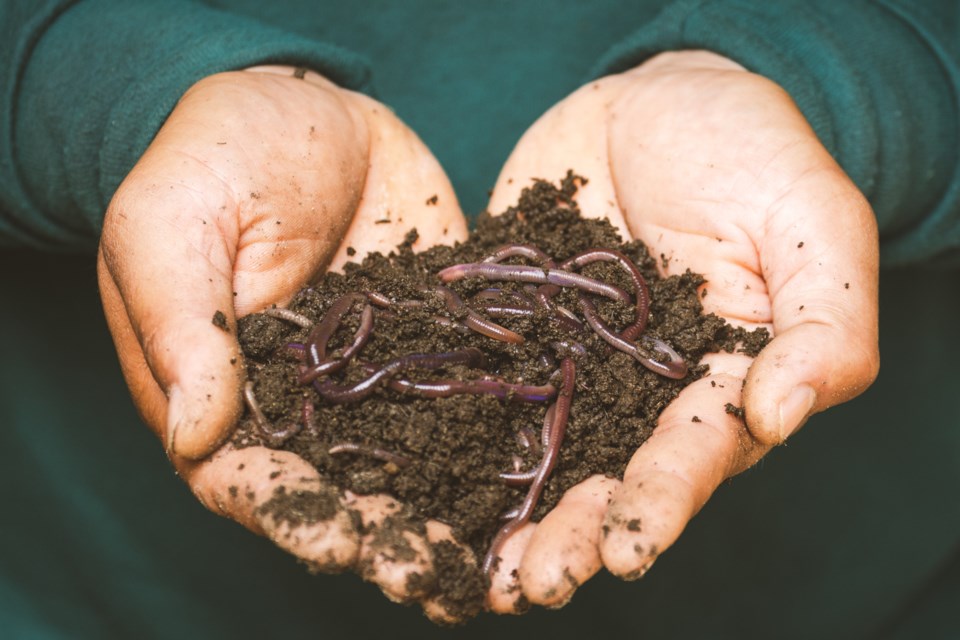BarrieToday welcomes letters to the editor at [email protected]. Please include your daytime phone number and address (for verification of authorship, not publication).
*************************
As an individual, you can do something every day which may seem insignificant, but it can have a powerful impact in helping to reduce greenhouse gas emissions.
Simply start composting everything that you possibly can.
There are close to 100 compostable items.
If you live in a city, where they have a green-bin program, your job is fairly effortless.
If you live in the country, check online to find out how to start composting in your backyard.
If that is not feasible, you can at the very least cut up banana peels and feed them to your roses, other flowers tomatoes, and peppers, crunch eggs shells and add them to your tomatoes, peppers, eggplants, broccoli, cauliflower, Swiss chard, and spinach.
Due to their acidity, only feed coffee grounds to plants that like acidic soil like azalea, oak leaf hydrangea, and Colorado blue spruce.
Why is composting such a big deal when it comes to global overheating and climate chaos? Here goes...
Organic farmers use compost to grow healthy plants.
As the plants feed on the nutrients in the compost, they create better soil. As the soil becomes more vibrant and nourishing, it not only produces more nutritious food.
It turns out that 20 per cent of all the methane gas found in our end environment comes from compostable materials deposited in our landfill sites.
When organic materials biodegrade in landfill sites, while deprived of oxygen, they readily produce methane gas.
Unfortunately, excess methane gas in the environment is way more harmful than carbon dioxide.
It turns out methane gas is 40 to 60 times more potent than carbon dioxide in preventing the sun’s heat energy from escaping back into space.
As more and more of the sun’s heat is trapped by greenhouse gases, including methane, the Earth will become hotter and hotter.
As a result, landfills have become the third largest source of human-caused greenhouse gases in the United States.
I guess by now you have figured out the second easy action to reduce the carbon load that triggers global warming is to buy organic food. As already mentioned, they use lots of compost made by you.
If you cannot afford to buy organic food, at the very least avoid buying the dirty dozen, which includes celery, grapes, peaches, cherries, tomatoes, bell peppers, strawberries, blueberries, nectarines, apples, spinach, kale and collard greens
The 15 clean fruits and veggies include onions, avocados, sweet corn, pineapples, mango sweet peas, asparagus, kiwi fruit, cabbage, eggplant, cantaloupe, watermelon, grapefruit, sweet potatoes, and sweet onions.
The good news is if billions of people – the young and the young at heart – all do a little composting every day, we can have a huge impact on reducing global overheating.
Gwen Petreman
Barrie
*************************



